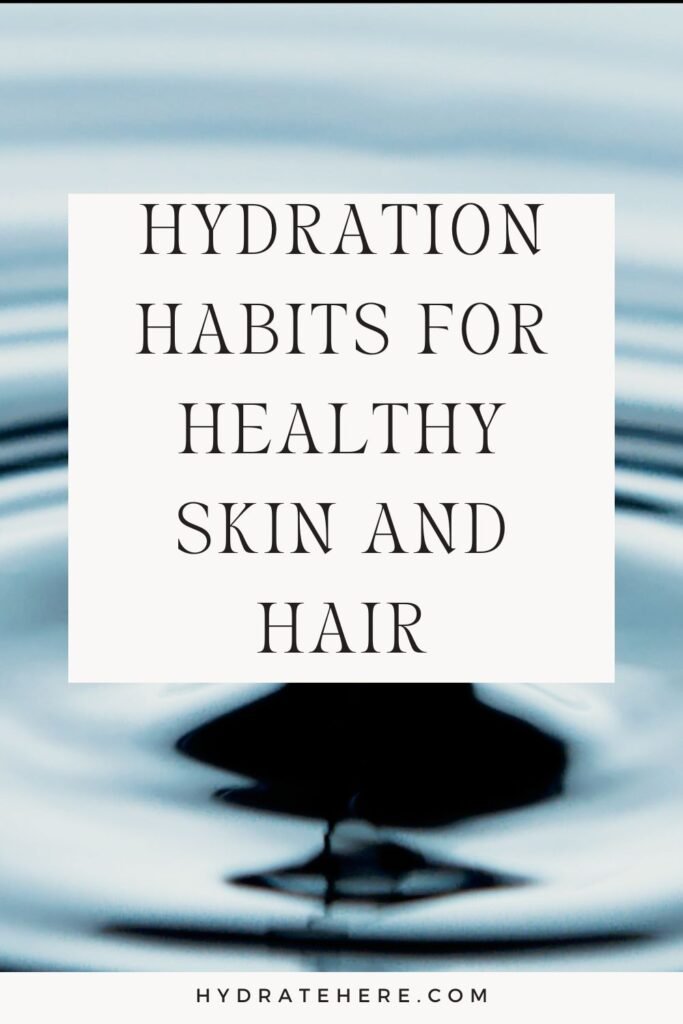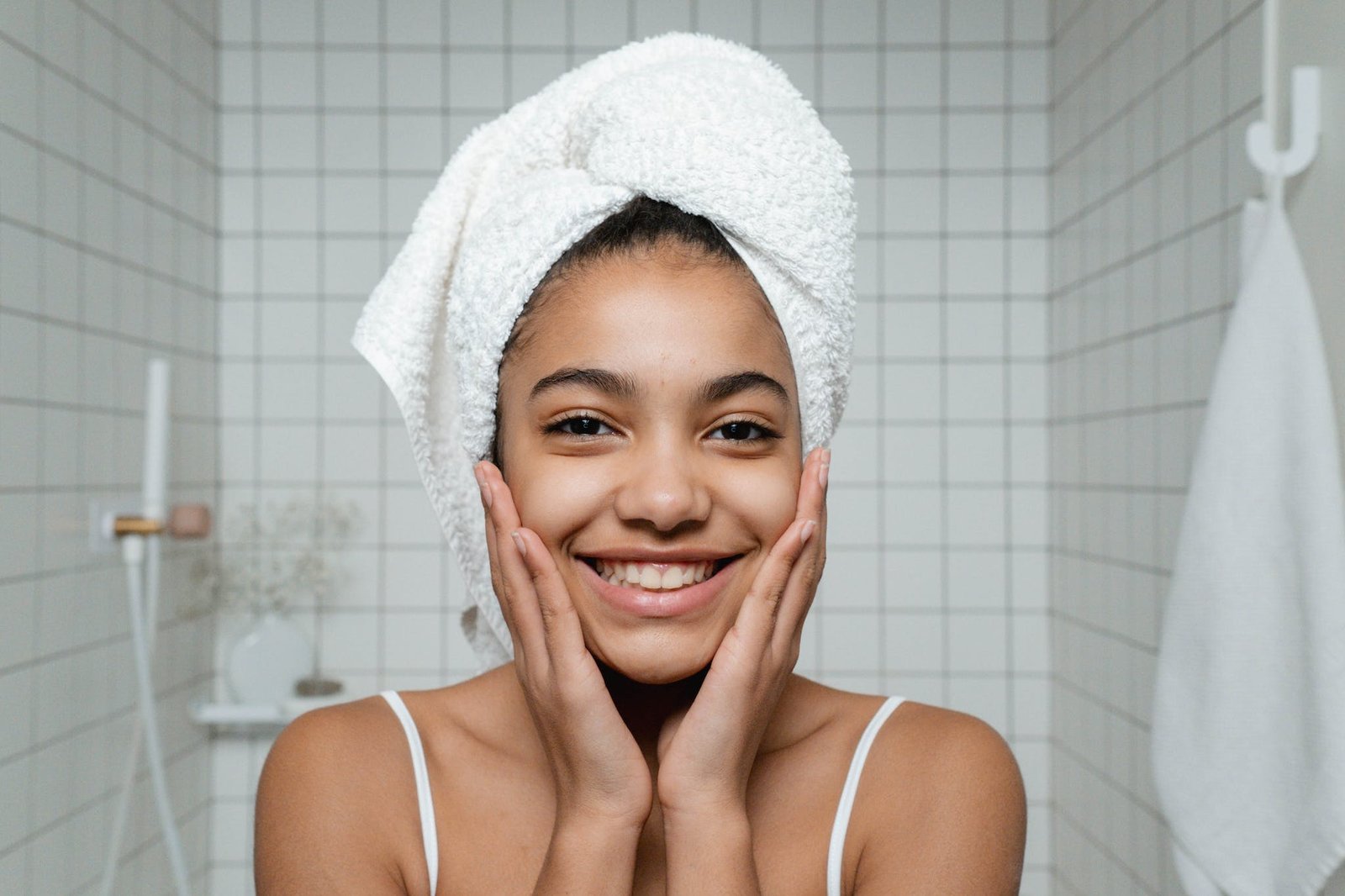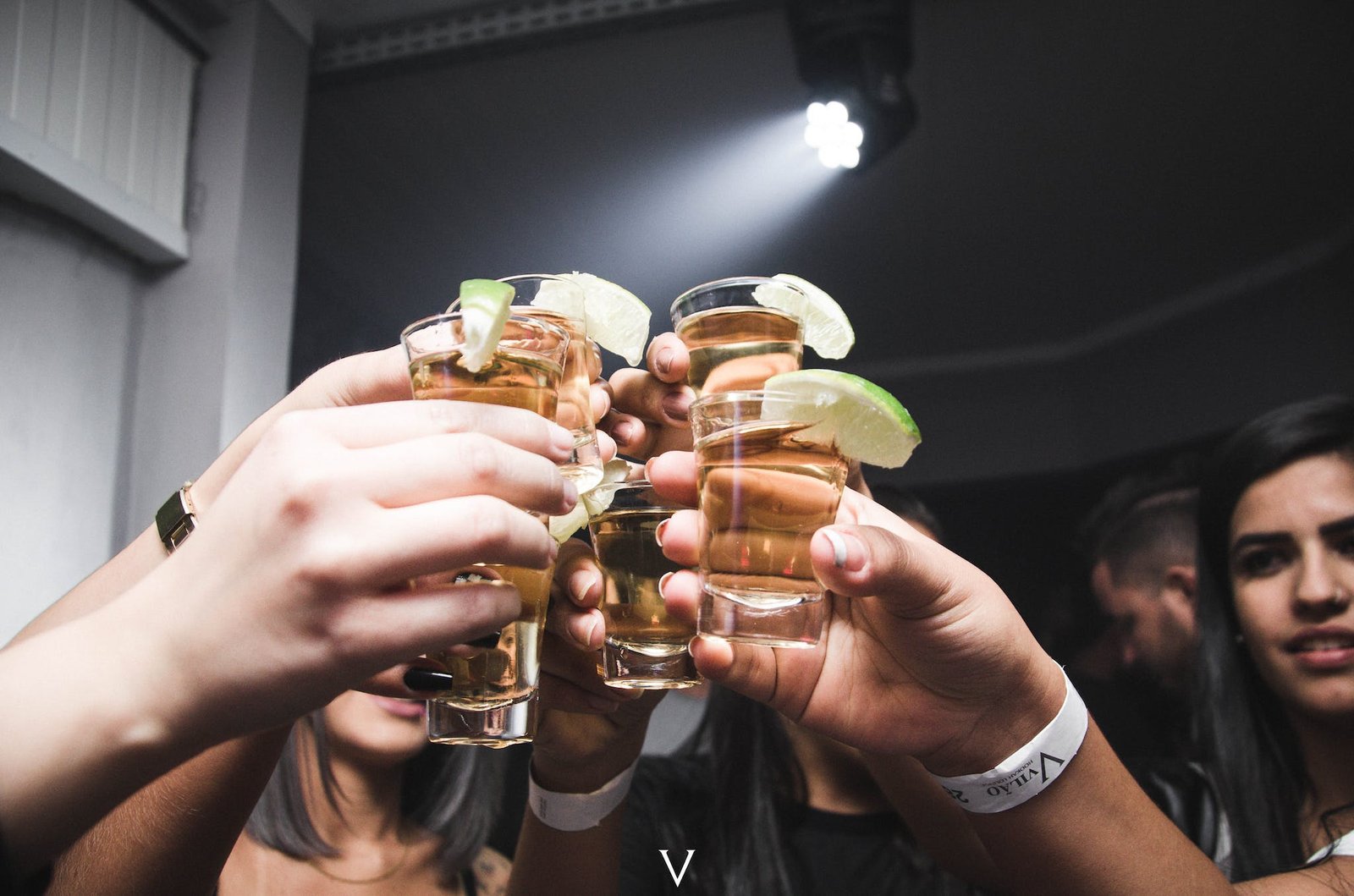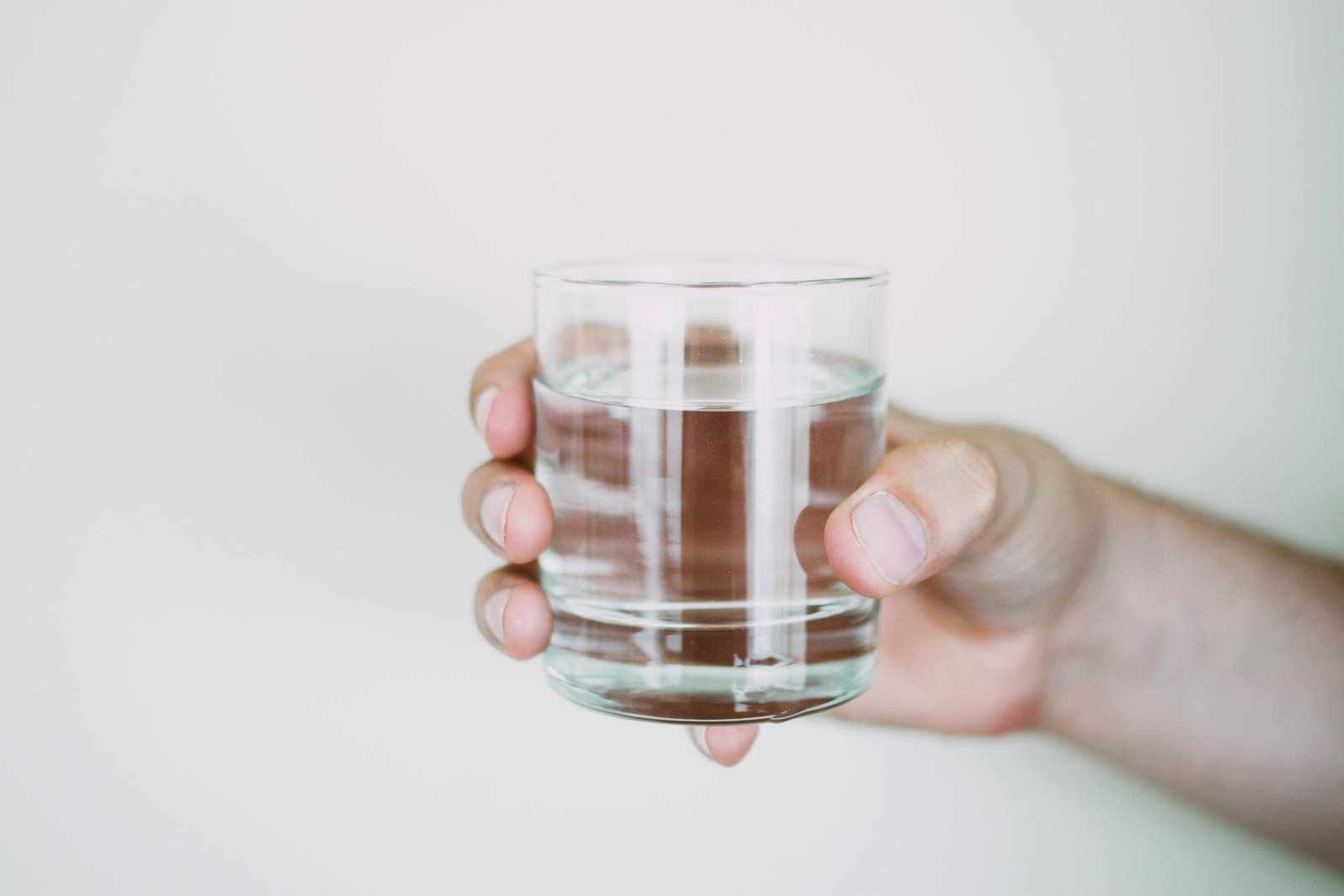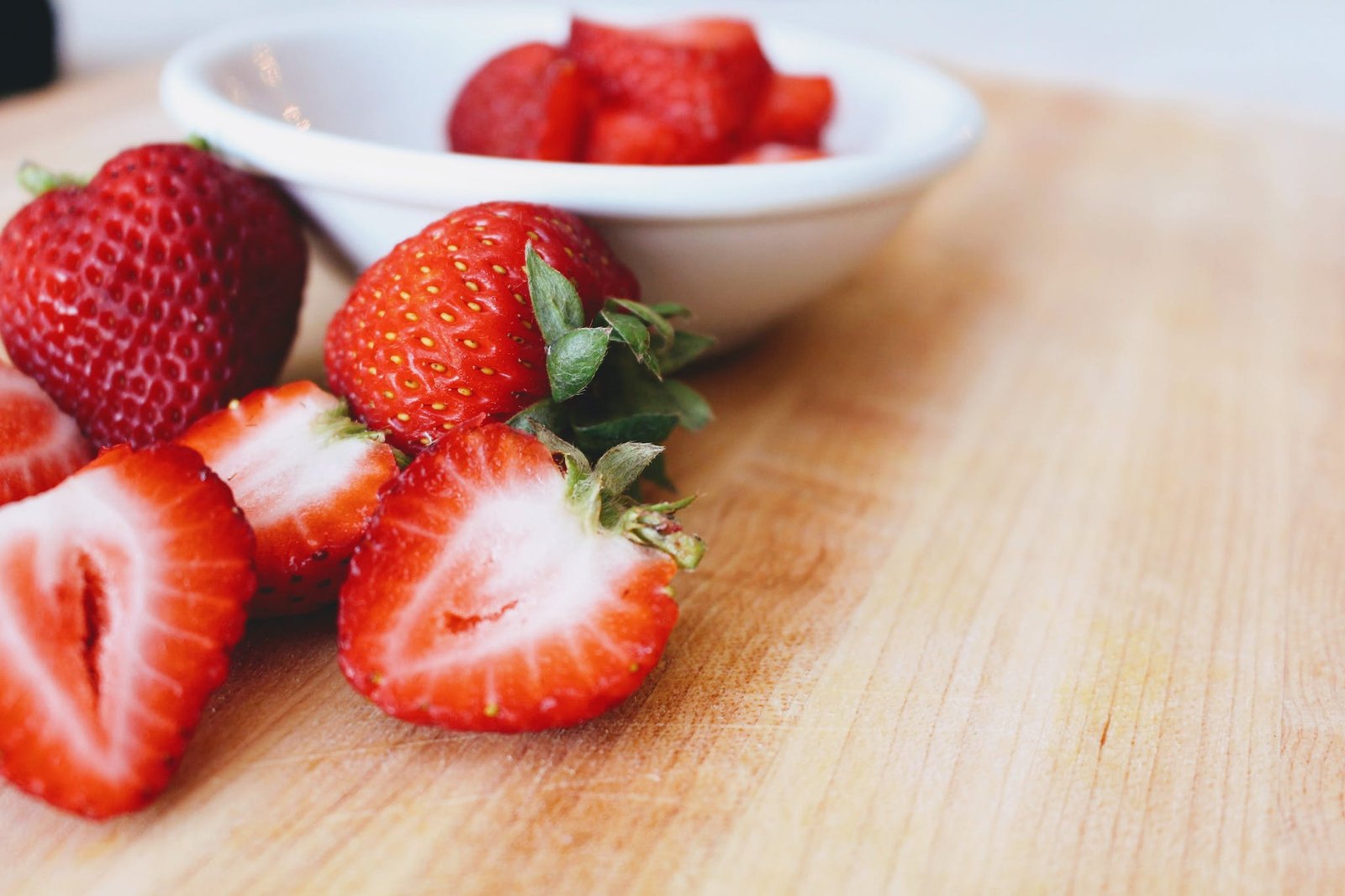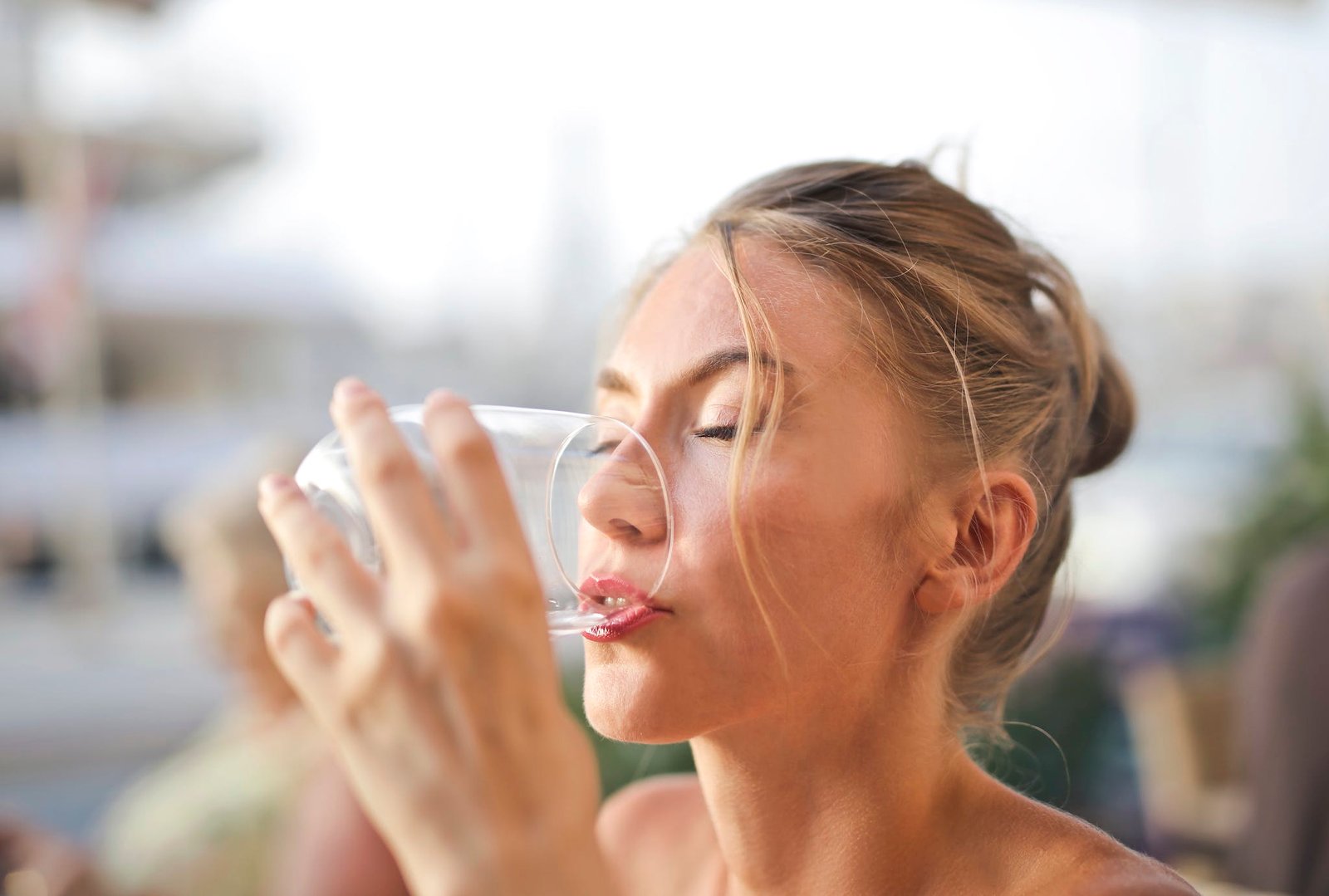Hydration Habits for Healthy Skin and Hair
There are some affiliate links below, but they are all products I highly recommend. For more info, view my disclosure here.
Dry, flaky skin? Lackluster locks? Before you spend a fortune on beauty products, consider this: your beauty woes may stem from insufficient hydration.
Proper hydration is the fountain of youth for your skin and hair. When your body is well-hydrated with water, you glow from head to toe.
Join us as we dive into the connection between hydration and beauty. We’ll unlock the secrets to smooth, supple skin and shiny, strong hair with tips to optimize your water intake.
The Importance of Hydration for Skin and Hair Health
To maintain healthy skin and hair, it’s important to prioritize hydration. When you don’t drink enough water, your skin can become dry, dull, and prone to wrinkles. Dehydration can also lead to hair becoming brittle, lifeless, and more prone to breakage. By prioritizing hydration, you can help keep your skin and hair looking their best.
When you drink enough water, it helps to keep your skin hydrated from the inside out. This can help to improve the elasticity of your skin, reducing the appearance of fine lines and wrinkles. Water also helps to flush out toxins from your body, which can contribute to clearer and healthier skin.
In addition to drinking water, using hydrating skincare products can also benefit your skin. Look for moisturizers and serums that contain ingredients like hyaluronic acid and glycerin, which help to attract and retain moisture in the skin. This can help to keep your skin plump, hydrated, and glowing.
For your hair, hydration is essential to maintain its strength and shine. Drinking enough water can help to nourish your hair follicles from within, promoting healthy growth and preventing hair loss. It can also help to reduce scalp dryness and itchiness.

How Dehydration Affects Your Skin and Hair
If you don’t drink enough water, your skin and hair will become dehydrated and lose their natural glow. Dehydration can have a significant impact on the overall health and appearance of your skin and hair. When your body lacks proper hydration, it affects the moisture levels in your skin, leading to dryness, flakiness, and dullness. Your hair also suffers from dehydration, becoming brittle, lifeless, and prone to breakage.
Water is essential for maintaining the elasticity and plumpness of your skin. It helps to flush out toxins, promote cell regeneration, and keep your skin looking fresh and youthful. Similarly, proper hydration is crucial for maintaining the health and strength of your hair. When you don’t drink enough water, your hair follicles become weak, leading to hair loss and slow hair growth.
To keep your skin and hair hydrated and glowing, it’s important to drink an adequate amount of water throughout the day. Aim for at least 8 glasses, or about 2 liters, of water daily. You can also incorporate hydrating foods into your diet, such as fruits and vegetables with high water content. Additionally, using moisturizers and hair products that contain hydrating ingredients can help lock in moisture and restore vitality to your skin and hair.
Hydration Tips for Glowing Skin and Lush Hair
Drinking an adequate amount of water daily is crucial for achieving that radiant glow and lusciousness you desire for your skin and hair. But just guzzling down water isn’t enough; you need to follow some hydration tips to truly nourish your skin and hair.
First and foremost, make it a habit to carry a water bottle with you wherever you go. This will serve as a constant reminder to stay hydrated throughout the day. Sip on water frequently, even if you don’t feel thirsty. This will help maintain the moisture levels in your skin and hair.
Another tip is to incorporate hydrating foods into your diet. Foods like watermelon, cucumbers, and oranges have high water content and can contribute to your overall hydration. Additionally, avoid excessive consumption of dehydrating beverages like alcohol and caffeine, as they can have a negative impact on your skin and hair.
Lastly, don’t forget to moisturize! Hydrating your skin from the outside is just as important as hydrating from the inside. Choose a moisturizer that suits your skin type and apply it daily, especially after showering or washing your face.
Best Practices for Drinking Enough Water
Make sure you’ve a water bottle handy at all times to ensure you stay properly hydrated throughout the day. Drinking enough water is crucial for maintaining healthy skin and hair. Not only does water help to flush out toxins from your body, but it also keeps your skin plump and moisturized, and your hair shiny and strong.
It’s important to make drinking water a habit. Start your day by drinking a glass of water as soon as you wake up. Keep a water bottle with you wherever you go, whether it’s at work, school, or running errands. Take sips throughout the day to stay hydrated. If you find it difficult to remember to drink, set reminders on your phone or use a water tracking app to help you stay on track.
You may also consider infusing your water with fruits, herbs, or vegetables for added flavor and benefits. Cucumber, lemon, and mint are popular choices that not only make your water taste refreshing but also provide additional hydration and vitamins.
Hydrating Products for Skin and Hair
To keep your skin and hair moisturized, consider using hydrating products specifically designed for these areas.
Hydrating products can provide the extra moisture and nourishment your skin and hair need to stay healthy and vibrant. When it comes to your skin, look for moisturizers that contain ingredients like hyaluronic acid, glycerin, and ceramides. These ingredients work by attracting and retaining moisture, keeping your skin hydrated throughout the day.
Additionally, using a hydrating face mask once or twice a week can provide a deep hydration boost.
For your hair, opt for shampoos and conditioners that are formulated to hydrate and nourish. Look for products that contain ingredients like argan oil, shea butter, and coconut oil, as these can help restore moisture and improve the overall health of your hair.
It’s also a good idea to use a leave-in conditioner or hair oil to provide extra hydration and protect your hair from damage.
Don’t forget to drink plenty of water as well, as staying hydrated from the inside out is key to maintaining healthy skin and hair.
DIY Hydration Remedies for Skin and Hair
If you’re looking for natural ways to keep your skin and hair moisturized, try incorporating aloe vera gel into your routine. Aloe vera gel is a versatile and effective DIY hydration remedy that can work wonders for your skin and hair. This gel is extracted from the leaves of the aloe vera plant and is packed with nutrients, vitamins, and minerals that nourish and hydrate your skin and hair.
To use aloe vera gel for your skin, simply apply a thin layer onto your face and body after cleansing. The gel will quickly absorb into your skin, leaving it feeling soft, smooth, and moisturized. Aloe vera gel is particularly beneficial for those with dry or sensitive skin, as it helps to soothe irritation and reduce redness.
For your hair, aloe vera gel can be used as a leave-in conditioner or as a hair mask. Apply a small amount of gel onto your hair, focusing on the ends, to tame frizz and add shine. For a deeper hydration treatment, mix aloe vera gel with your favorite hair oil or conditioner and leave it on for 30 minutes before rinsing. Your hair will be left feeling hydrated, nourished, and more manageable.
Incorporating aloe vera gel into your skincare and haircare routine is a simple and effective way to keep your skin and hair moisturized naturally. Give it a try and enjoy the benefits of this amazing plant!
Hydration Habits for Different Hair Types
Take a moment to analyze your specific hair type and determine the best hydration routine for your individual needs. Understanding your hair type is crucial in order to provide it with the right amount of hydration.
If you’ve oily hair, you might think that skipping the conditioner is the best option, but that’s not always the case. Instead, opt for a lightweight, oil-free conditioner that won’t weigh your hair down.
For those with dry and damaged hair, a deep conditioning treatment once or twice a week can work wonders. Look for products that contain ingredients like shea butter or argan oil to deeply nourish and hydrate your hair.
If you’ve curly or textured hair, moisture is key. Use a leave-in conditioner or a hydrating cream to keep your curls defined and frizz-free. Remember to avoid products with sulfates and alcohols that can strip your hair of its natural oils.
Lastly, for those with normal hair, a balanced hydration routine is essential. Use a regular conditioner after shampooing to maintain the health and shine of your hair.
Hydration Habits for Different Skin Types
Knowing your specific skin type is crucial in order to provide it with the right amount of moisture and nourishment. Each person’s skin is unique, and understanding its needs will help you maintain a healthy and radiant complexion.
If you’ve dry skin, you should focus on hydrating and nourishing it regularly. Use a gentle cleanser that won’t strip away natural oils and follow it up with a rich moisturizer that contains ingredients like hyaluronic acid or ceramides. Additionally, incorporating facial oils into your skincare routine can provide an extra boost of hydration.
For those with oily skin, it’s important to strike a balance between hydrating and controlling excess oil production. Look for lightweight, oil-free moisturizers that won’t clog your pores. You can also benefit from using products with ingredients like salicylic acid or tea tree oil to help manage oiliness and prevent breakouts.
If you’ve combination skin, you’ll need to address both dry and oily areas. Use a gentle cleanser and follow with a lightweight moisturizer on the dry areas, while focusing on oil-control products like mattifying moisturizers or oil-absorbing sheets for the oily areas.
Sensitive skin requires extra care and gentle products. Look for fragrance-free and hypoallergenic options to avoid irritation. Additionally, patch test new products before applying them to your entire face to ensure they won’t cause any adverse reactions.
Regardless of your skin type, remember to drink plenty of water and eat a balanced diet to support overall skin health. Taking care of your skin’s specific needs will help you achieve a clear and glowing complexion.
